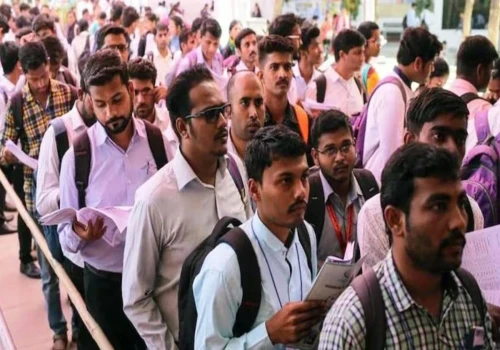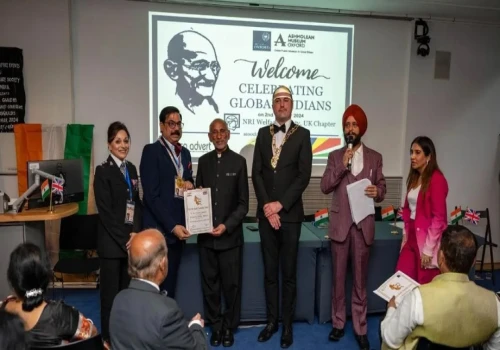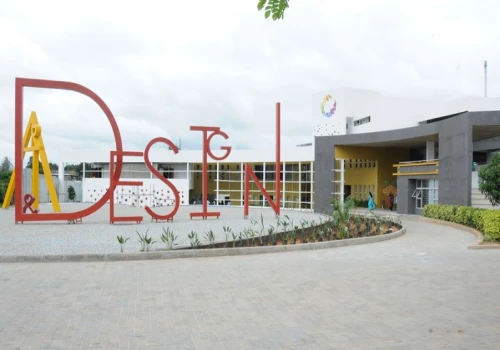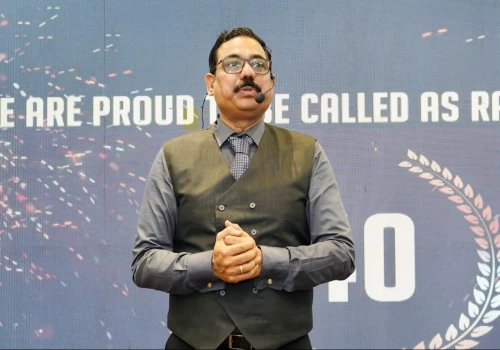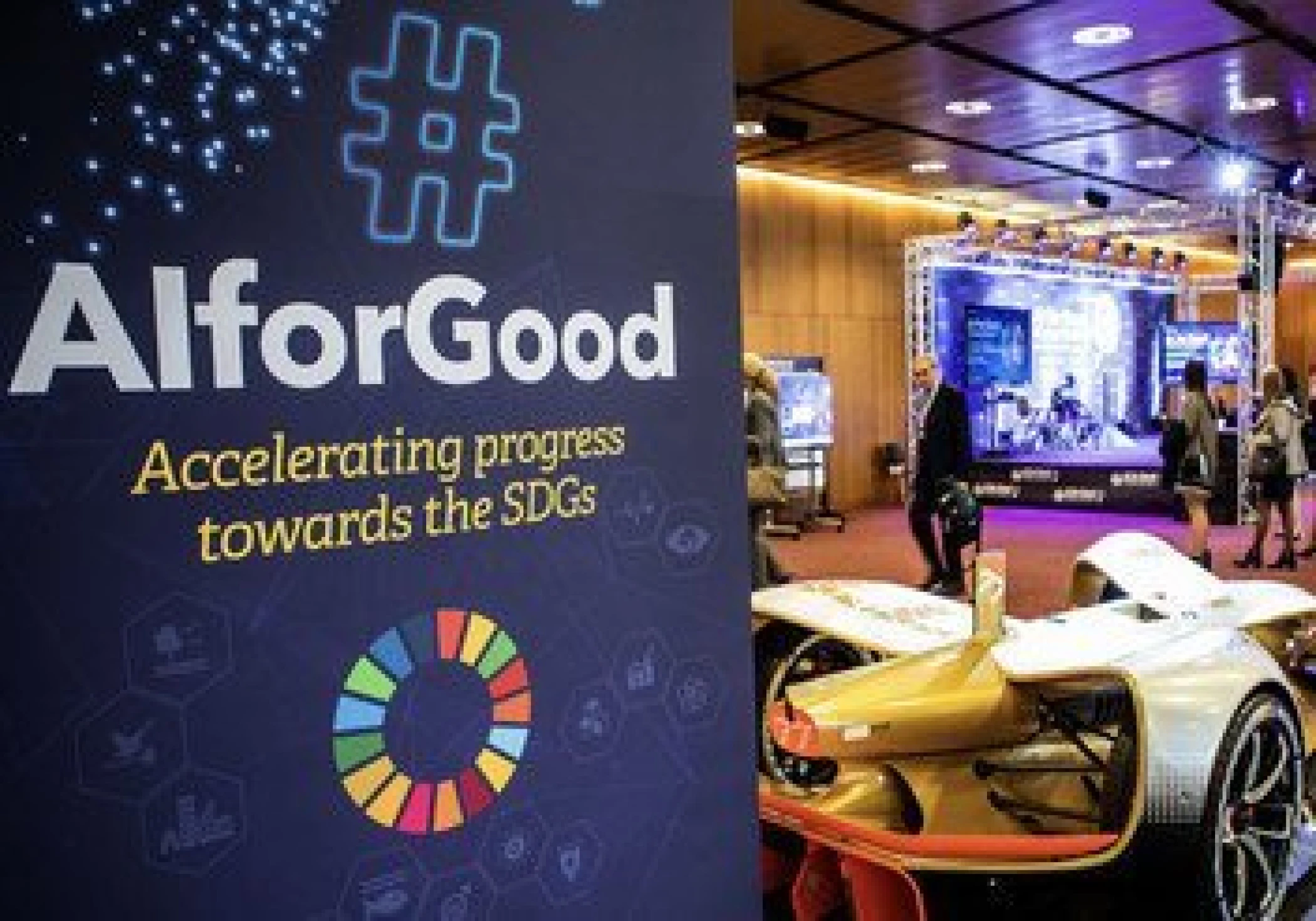
The world faces serious challenges like poverty, hunger, and climate change. Scientists and policymakers are increasingly looking towards artificial intelligence (AI) for solutions.
AI offers exciting possibilities. AI-based systems can help people find jobs, access financial services, and improve education and healthcare. They can also be used to improve infrastructure and services in disadvantaged communities.
In the fight against hunger, AI can play a crucial role. AI can be used to increase agricultural production, improve food supply chains, and reduce food waste. AI-based systems can assist farmers by monitoring crops, detecting pests and diseases, and optimizing water and fertilizer use.
Climate change is another area where AI can make a significant contribution. AI can be used to reduce greenhouse gas emissions, develop renewable energy sources, and mitigate the effects of climate change. AI-based systems can help scientists gain a deeper understanding of the causes and effects of climate change.
However, challenges exist with the use of AI. The biggest challenge is unequal access. Developed countries have significantly higher access to AI compared to developing countries. Another challenge is ensuring ethical use of AI. It is crucial that AI is not used to harm or exploit people.
In conclusion, AI has the potential to be a powerful weapon in the fight against poverty, hunger, and climate change. However, overcoming challenges related to access and ethical use is critical for AI to be utilized effectively and fairly.



